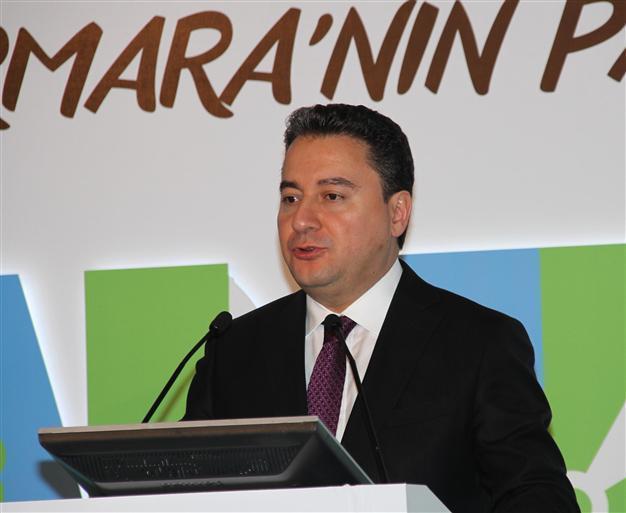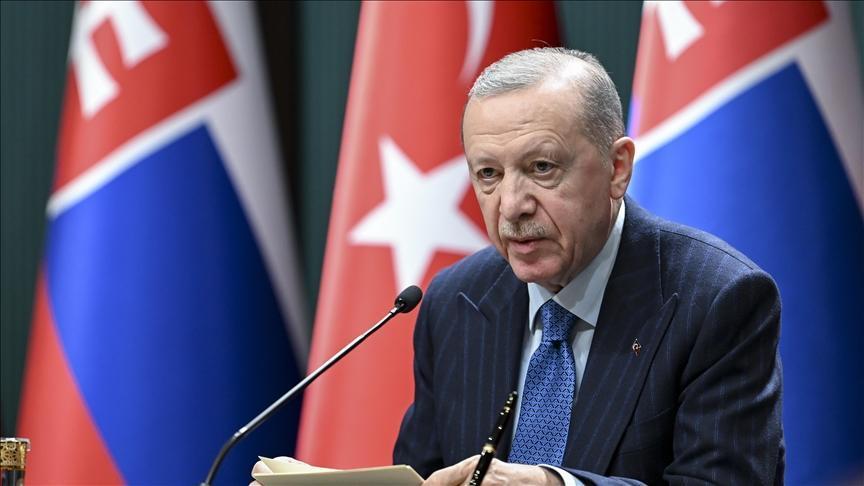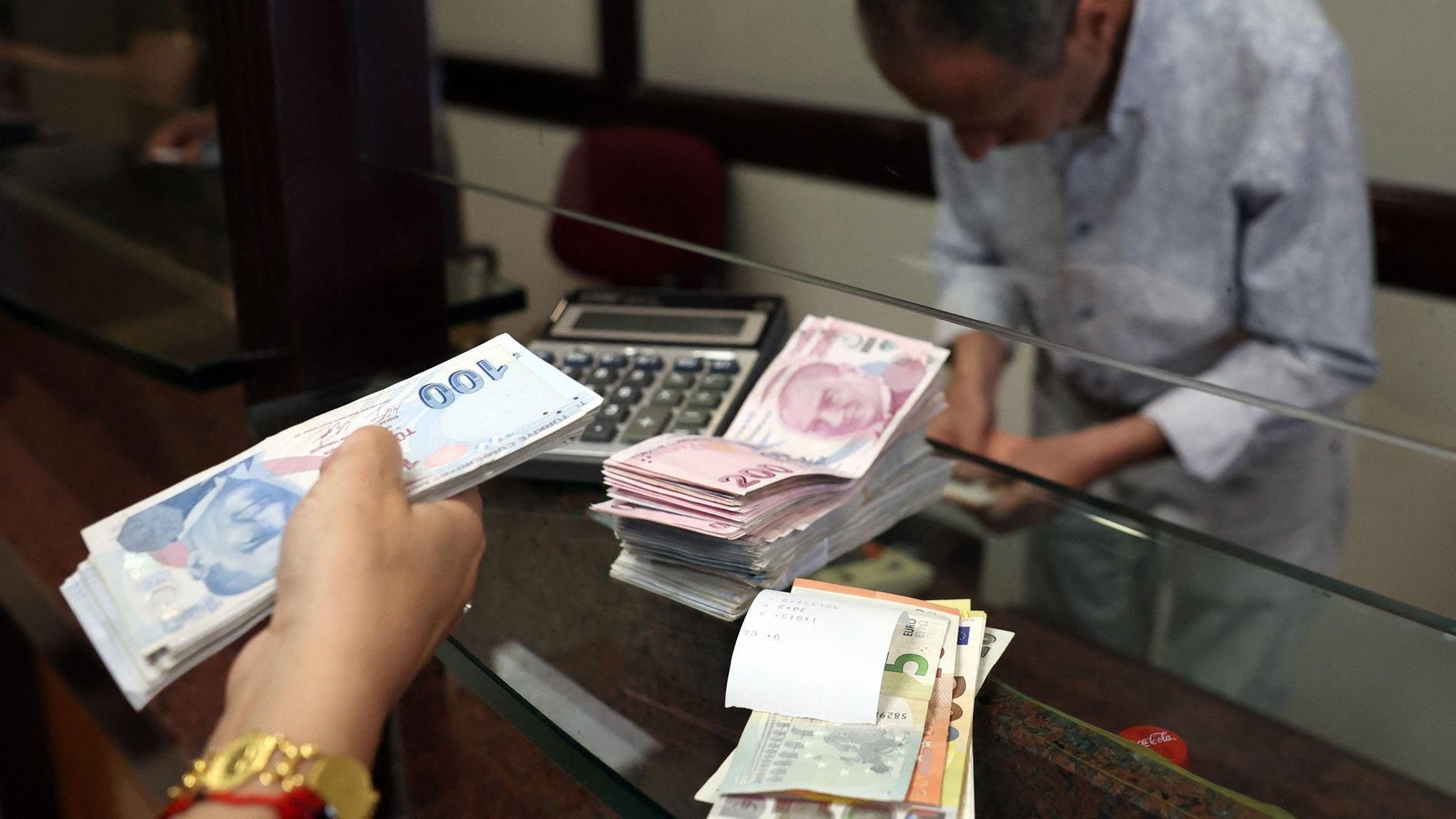Babacan part of new economy team: Report
ISTANBUL - Reuters

DHA Photo
Two high-ranking officials in Ankara told Reuters Deputy Prime Minister Ali Babacan will stay on in at least an advisory role to Prime Minister Ahmet Davutoğlu, if the Justice and Development Party (AKP) forms the next government.“There’s absolutely no doubt Babacan will be part of the economic team. There’s no title in place for now, but he’ll work closely with Davutoğlu either as a key advisor in charge of the economy or another position,” one of the officials said.
For many foreign investors, the key election question is the future of Babacan, the 48-year-old Fulbright scholar and Northwestern University MBA long seen as an anchor of investor confidence.
Babacan, in charge of the economy for much of the AKP’s 13 years in power, is prevented from standing for re-election because of the party’s three-term limit.
Finance Minister Mehmet Şimşek is also expected to retain a position, while İbrahim Turhan, a former deputy central bank governor and ex-chairman of the Istanbul stock exchange, is seen as a potential member.
Turhan was among a delegation that went to New York in March in an attempt to calm investors’ concerns after Erdogan’s criticism of the central bank, equating high interest rates with treason, exacerbated a sell-off in the lira.
Keeping Babacan and Şimşek in the economic team would reassure foreign investors and be positive for the currency, at least in the short term, said Vedat Mizrahi, a managing director at financial services firm Ünlü & Co.
Turkey has enjoyed years of breathtaking growth under the AKP. In 2002, per capita GDP averaged $3,600, just ahead of Equatorial Guinea. By 2013 it had trebled to $11,000, higher than Malaysia. With annual output of more than $800 billion, Turkey is now comfortably among the world’s top-20 economies.
But growth has stalled, slipping to 2.9 percent last year, from more than 4 percent in 2013. Critics say Turkey relies too much on construction, private consumption and debt, and desperately needs to boost household savings.
“The Turkish economy is sort of a bubble. It’s living off foreign capital being pumped in, which has made it possible for people to borrow and consume,” said Halil Karaveli, managing editor of The Turkey Analyst.
“The savings rate in Turkey is extremely low. You’re totally dependent on inflows of foreign capital, which has sustained consumption and it has sustained this construction boom.”
Turkey’s current account deficit, which was over 5 percent of GDP last year, remains a worry, as does household debt.
















